- Home
- /
- Venture Capital
- /
- Term Sheet Guide for Founders
Introduction
For any founder, the term sheet is like the first draft of a marriage contract between a startup and its investors. It’s not legally binding but outlines the key terms, obligations, and agreements that both parties agree to before proceeding to more formal legal documents. Understanding the nuances of a term sheet is essential for any startup founder looking to secure funding. Yet, many founders are either overwhelmed by the jargon or miss out on critical details that could make or break their deal in the long run.
If you’re a founder venturing into your first round of funding, this guide will help you navigate the crucial elements of a term sheet. We’ll break down the important terms, provide real-life examples, and give you actionable advice to negotiate a better deal.
What is a Term Sheet?
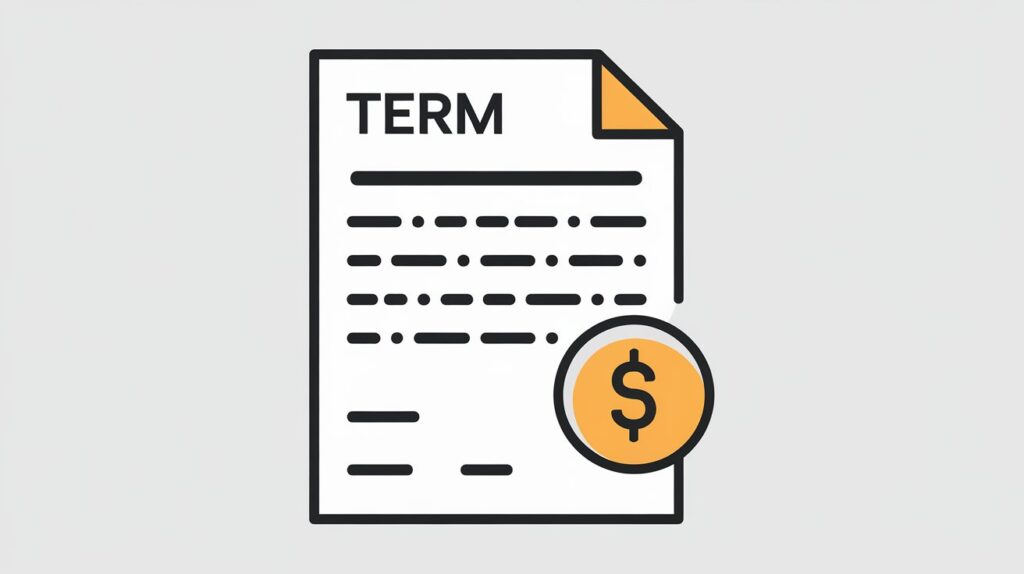
A term sheet is a non-binding agreement between a startup and an investor outlining the fundamental terms and conditions of the investment. It typically addresses issues like valuation, the amount of investment, equity ownership, governance, liquidation preferences, and more. Though not legally binding, it sets the foundation for future legal agreements, such as the shareholder agreement and investment agreement.
Why It Matters

The term sheet defines the founder’s future in the company. Every clause, whether related to ownership, control, or exit options, has long-lasting consequences. Ignoring or misunderstanding any clause can lead to founders losing control, ownership, or worse, ending up with unfavorable exit terms.
Key Components of a Term Sheet

Let’s break down the key elements of a term sheet that founders must understand:
1. Valuation
Valuation sets the price at which the investor will buy shares in your company. It can be broken into two types:
- Pre-Money Valuation: The company’s value before the new investment.
- Post-Money Valuation: The company’s value after the investment.
Example: If an investor agrees to invest $1 million at a pre-money valuation of $4 million, the post-money valuation becomes $5 million. The investor would then own 20% of the company.
2. Investment Amount
This is the amount of capital the investor agrees to invest in the company. Founders must evaluate if the amount being raised is enough to meet their next set of milestones.
3. Equity & Ownership
The post-money valuation usually determines the percentage of equity offered to the investor. However, dilution can occur with additional funding rounds, so it’s essential to understand the long-term effects on ownership.
4. Liquidation Preference
This clause specifies how the proceeds of the company’s sale or liquidation will be distributed to shareholders. The most common type is a “1x liquidation preference,” which means the investor receives their initial investment before anyone else is paid.
Beware: Liquidation preferences can be stacked, leading to founders receiving nothing if the company is sold at a lower value than expected.
5. Board Composition
This section outlines who will sit on the company’s board of directors and how decisions are made. Investors may request a seat or demand veto rights on specific decisions, which could affect your control over the business.
6. Anti-Dilution Provisions
These are protections for investors in case future funding rounds happen at a lower valuation (also known as a down round). It’s important to understand how this will impact your equity.
7. Voting Rights
Investors may want specific voting rights on certain decisions, such as raising more capital or selling the company. Founders must weigh these rights carefully.
8. Vesting Schedules
This ensures that founders and key employees earn their shares over time rather than all at once. A typical vesting schedule spans four years with a one-year cliff, meaning that after one year, 25% of the shares vest, and the remaining shares vest monthly over the next three years.
Download the sample term sheet from here.
Negotiating a Term Sheet
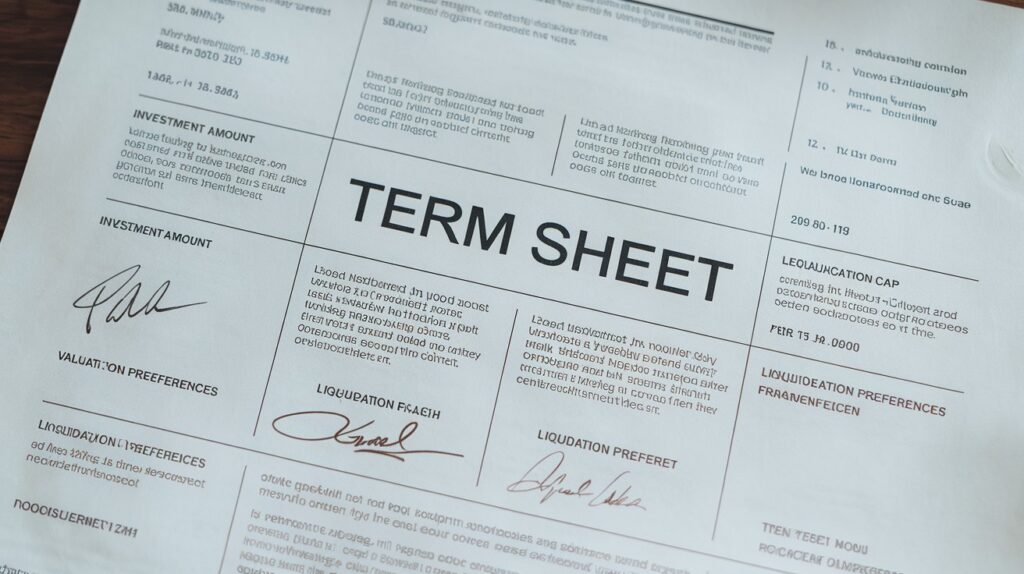
Negotiation is key. Don’t assume the first draft of the term sheet is set in stone. Here are a few tips:
- Focus on more than just valuation: A high valuation may seem attractive, but consider the other terms. An inflated valuation could lead to unrealistic expectations for future rounds.
- Understand liquidation preferences: If you agree to multiple liquidation preferences or a “participating preferred” structure, you could end up with little-to-no payout in an exit.
- Retain control: Avoid giving away too much control, especially over board decisions and voting rights.
Case Study: The Consequences of Not Reading the Fine Print

Misaligned Liquidation Preference In 2017, a startup raised Series A funding with a 2x liquidation preference. The company was later acquired for $30 million. Because of the 2x liquidation preference, the investor took $10 million off the top before any money went to the founders. After other obligations, the founders ended up with less than 10% of the total sale proceeds, even though they still held significant equity. The lesson? Always consider how liquidation preferences can impact your return in an exit scenario.
Challenges Founders Face When Dealing with Term Sheets

1. Lack of Experience
Many first-time founders don’t fully grasp the implications of certain clauses until it’s too late. Understanding financial and legal jargon is critical.
2. Investor Pressure
Investors may pressure founders to sign quickly, often by creating a false sense of urgency. Take the time to review with advisors or lawyers before making decisions.
3. Misalignment of Long-Term Goals
Some investors may have different visions for the company. For example, an investor focused on a quick exit may push for terms that favor liquidation over long-term growth.
FAQs About Term Sheets

Q: Is a term sheet legally binding? A: Most provisions in a term sheet are non-binding, though certain sections like exclusivity and confidentiality may be enforceable.
Q: How long should it take to negotiate a term sheet? A: Term sheet negotiations usually take anywhere from a few days to a few weeks, depending on the complexity and the alignment between both parties.
Q: Should I hire a lawyer to review my term sheet? A: Yes, always. Lawyers can provide clarity and protect you from agreeing to unfavorable terms.
Recommendations for Founders

Books
- Venture Deals by Brad Feld and Jason Mendelson – A must-read for any founder raising venture capital.
- The Founder’s Dilemmas by Noam Wasserman – A deep dive into the early decisions founders face, including funding.
Courses/Certifications
- Startup School by Y Combinator – Offers free resources and courses on startup finance and term sheets.
- Venture Deals Online Course – Based on the Venture Deals book, this course offers insights into deal structures and term sheets.
Conclusion
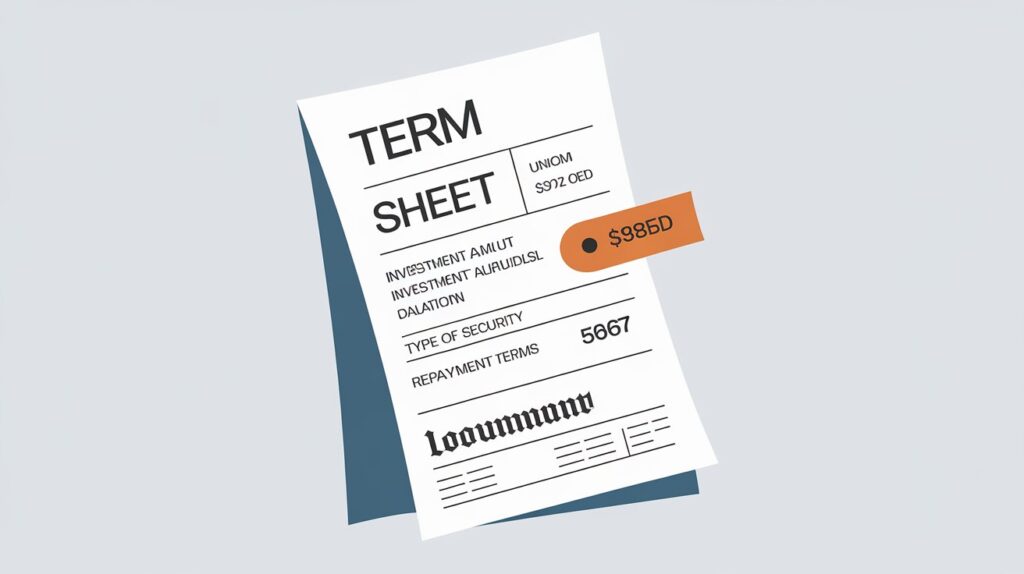
Navigating a term sheet can be overwhelming for founders, especially those doing it for the first time. Every clause holds significance, and understanding the short- and long-term implications is vital. From valuation to liquidation preferences, board composition, and anti-dilution provisions, every section demands attention. Take your time, consult experts, and remember: a bad term sheet today can haunt you tomorrow.
Key Takeaway: As a founder, negotiating a term sheet is not just about raising money—it’s about securing the future of your company and maintaining control over its direction. Always be aware of the long-term consequences of the terms you agree to.
Make smart decisions, and never hesitate to ask for advice.

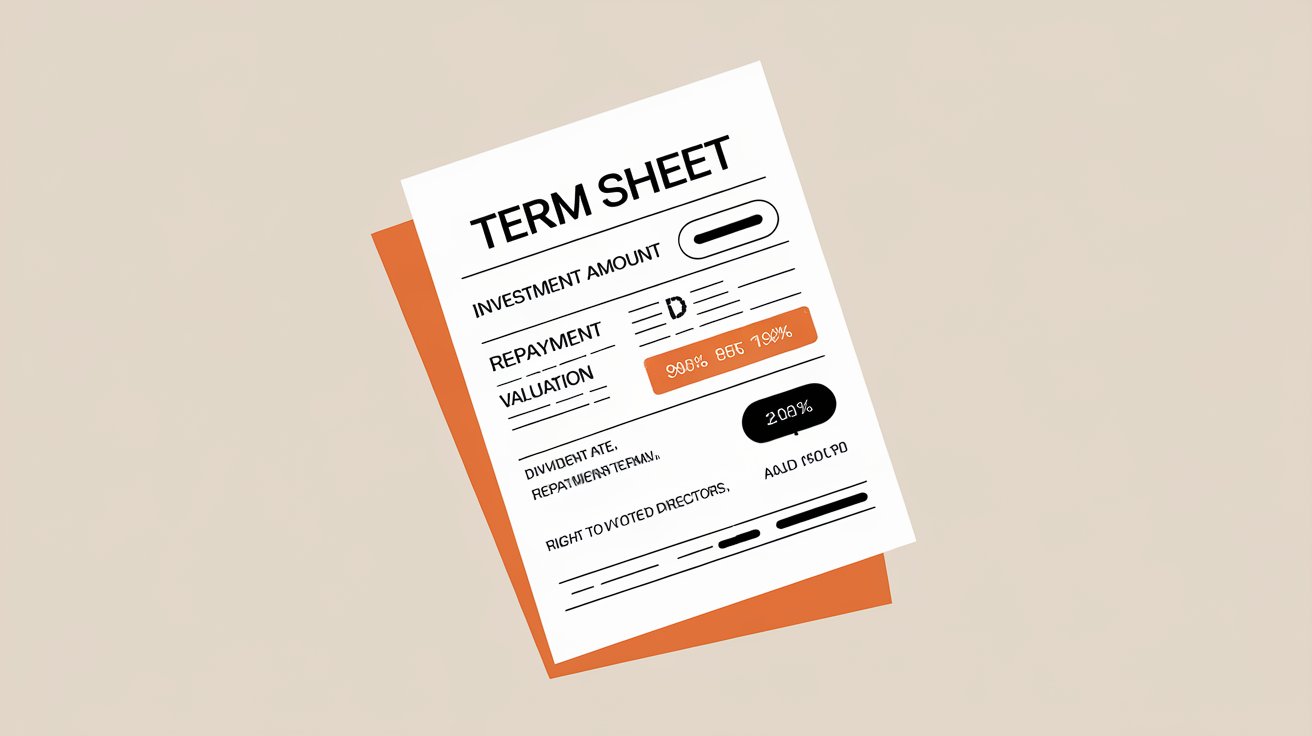





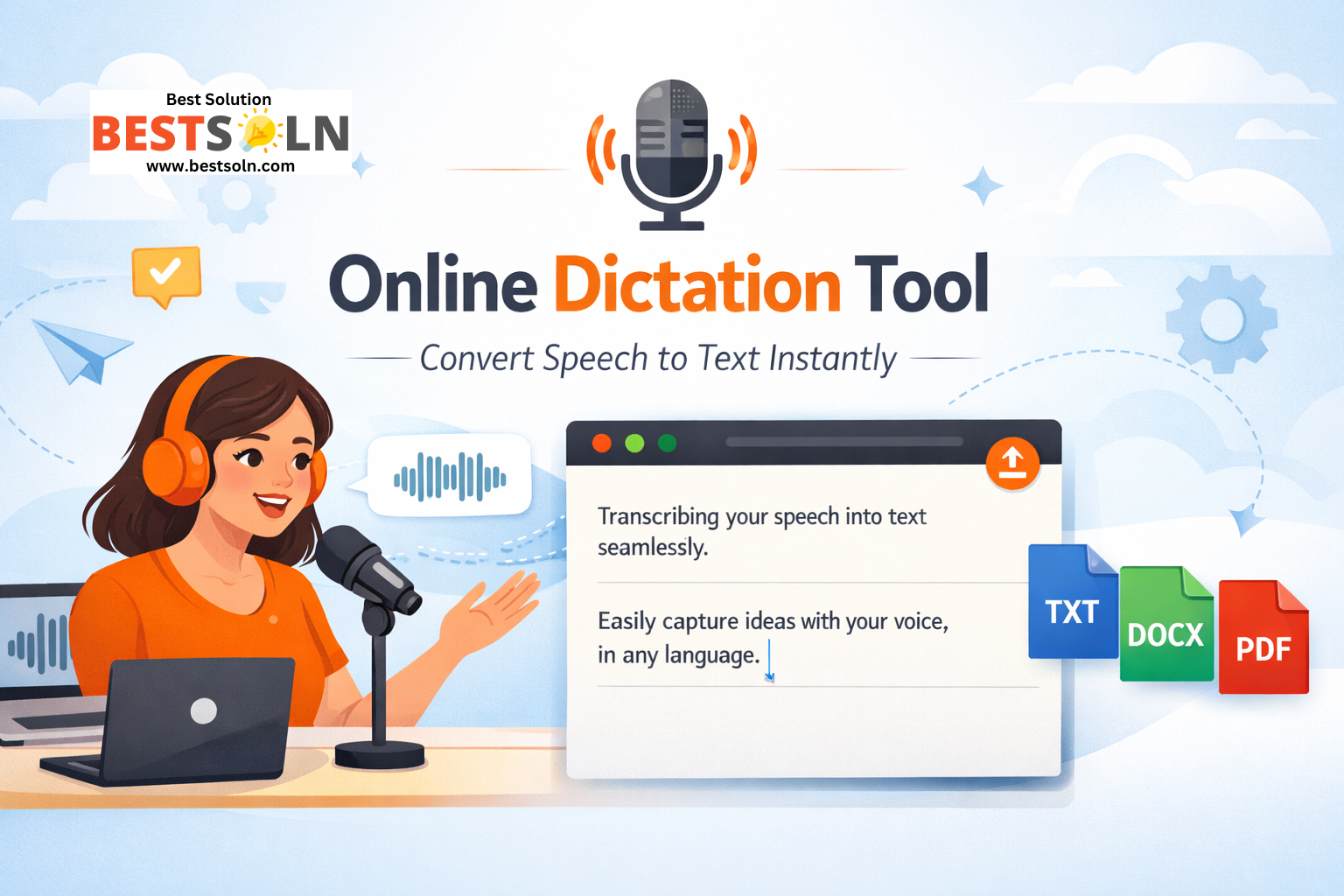
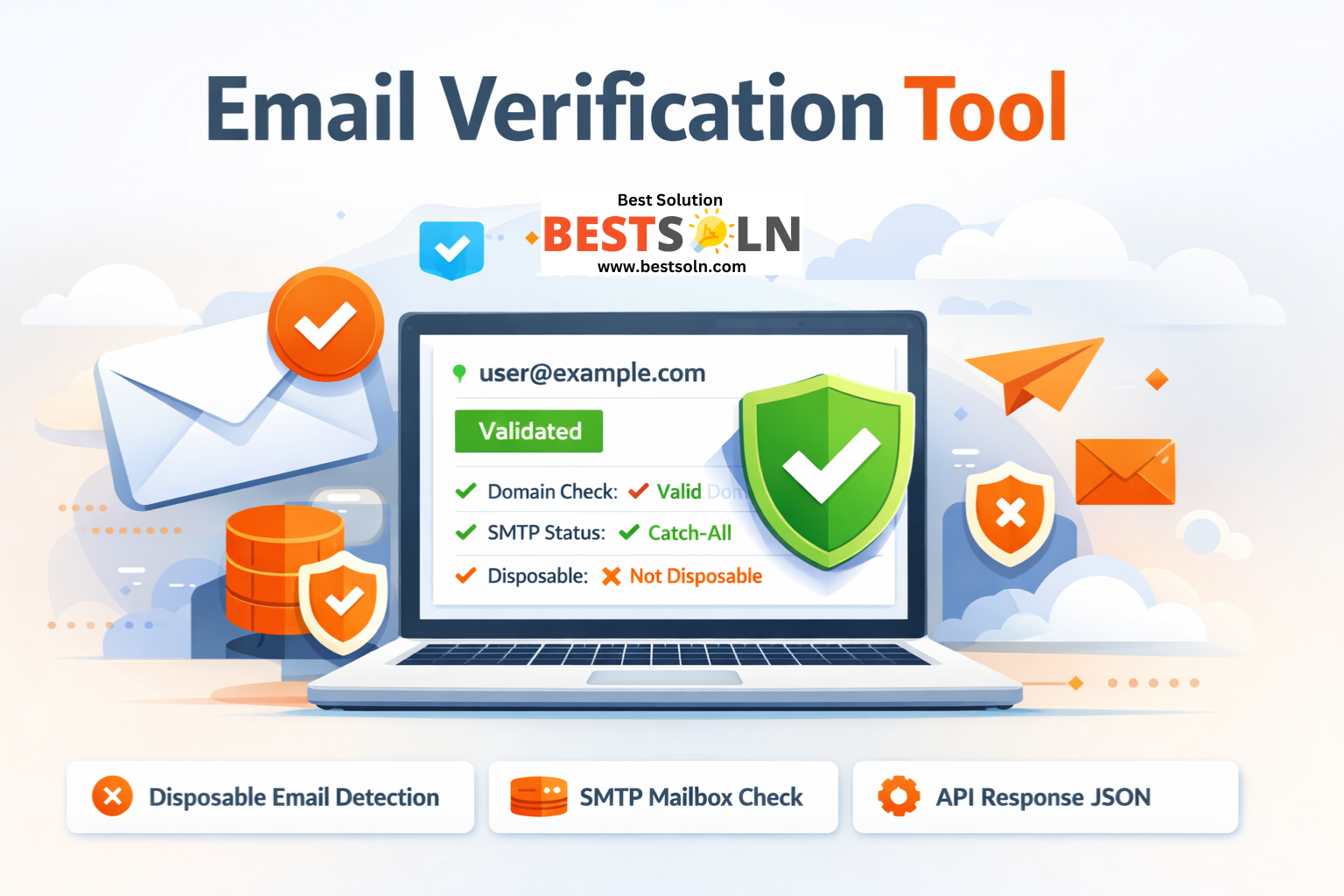


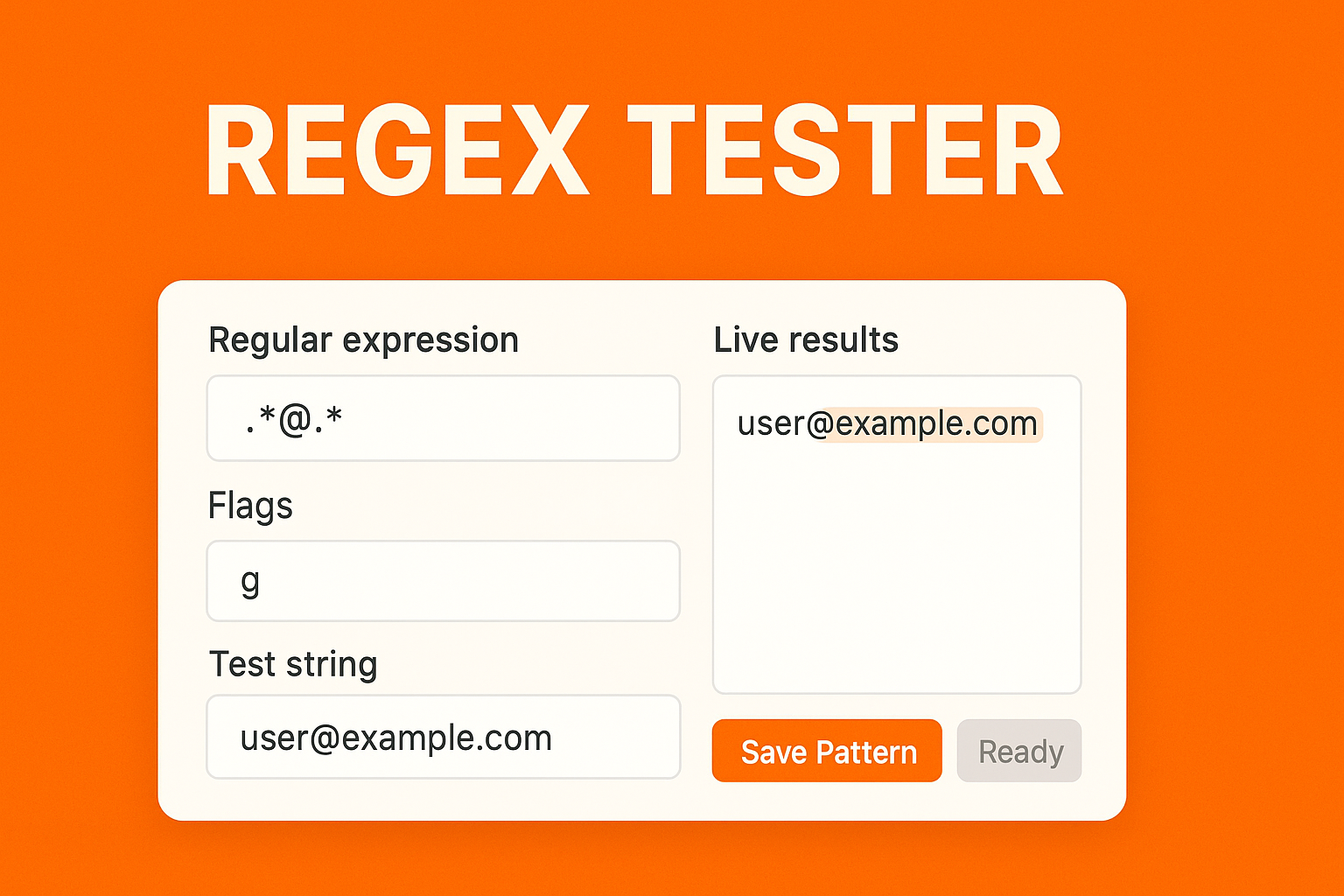








Leave a Reply